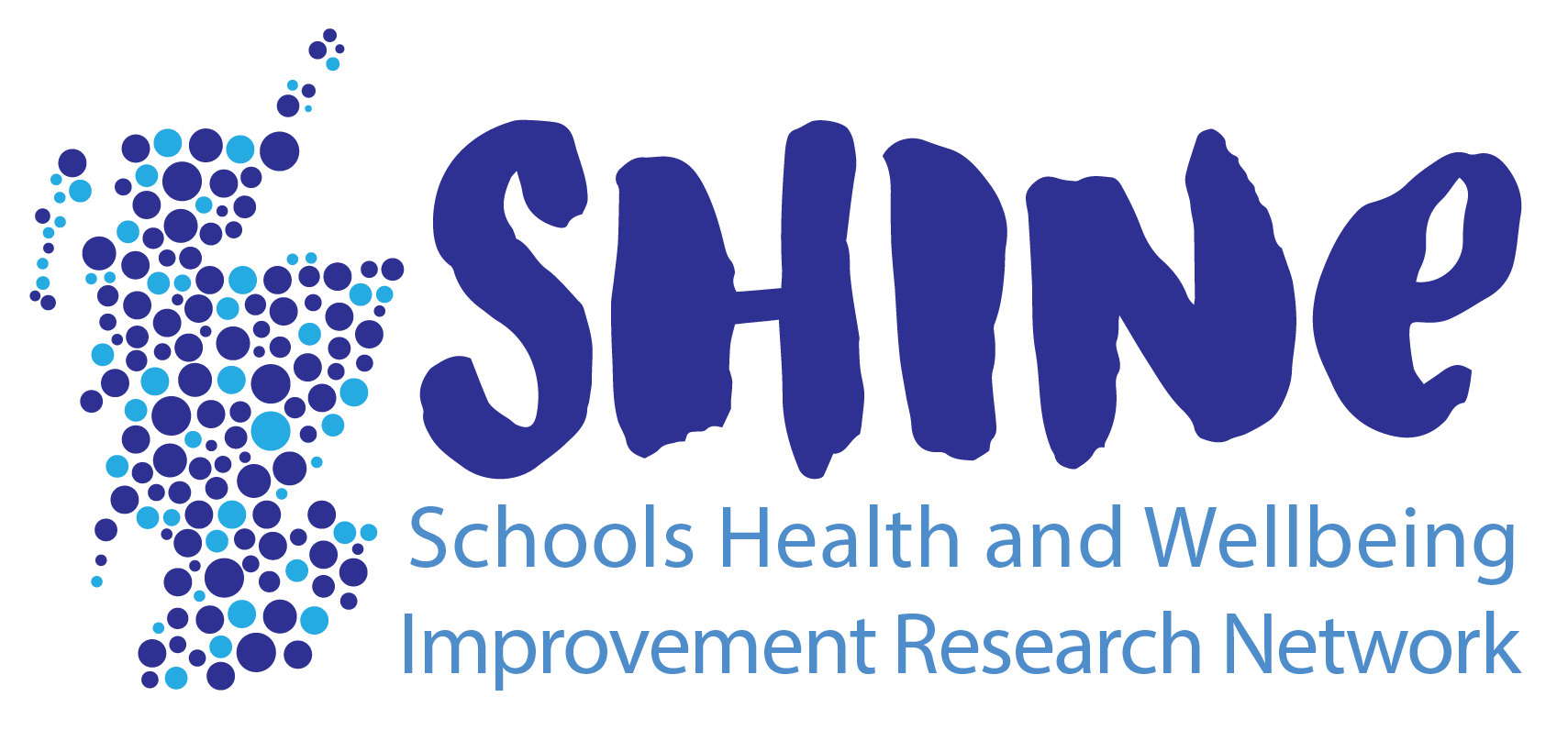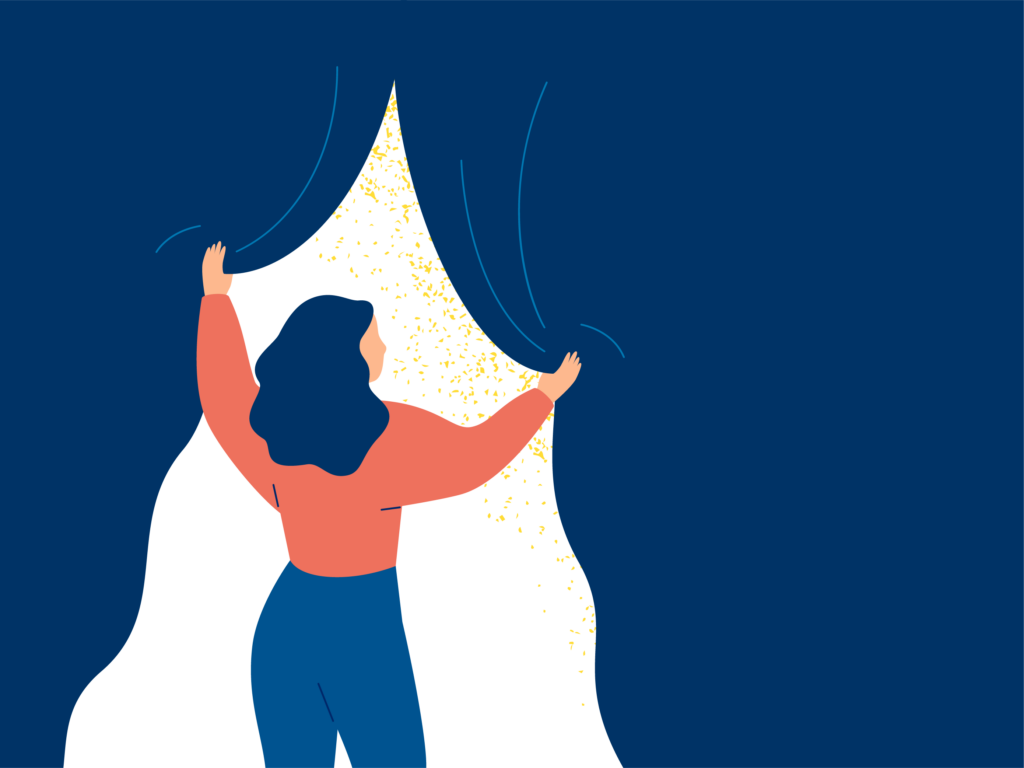
Aims of SCRAMS
- To build a UK-wide multidisciplinary research consortium to investigate sleep, light exposure, circadian function and mental health in adolescents within schools.
- To co-design and conduct pilot and feasibility studies that will inform future large-scale schools-based research on sleep, circadian function and mental health in young people.
- To contribute to a growth in UK capacity for schools-based mental health research by working collaboratively with other research groups, young people, parents, teachers and policymakers.
SCRAMS Team
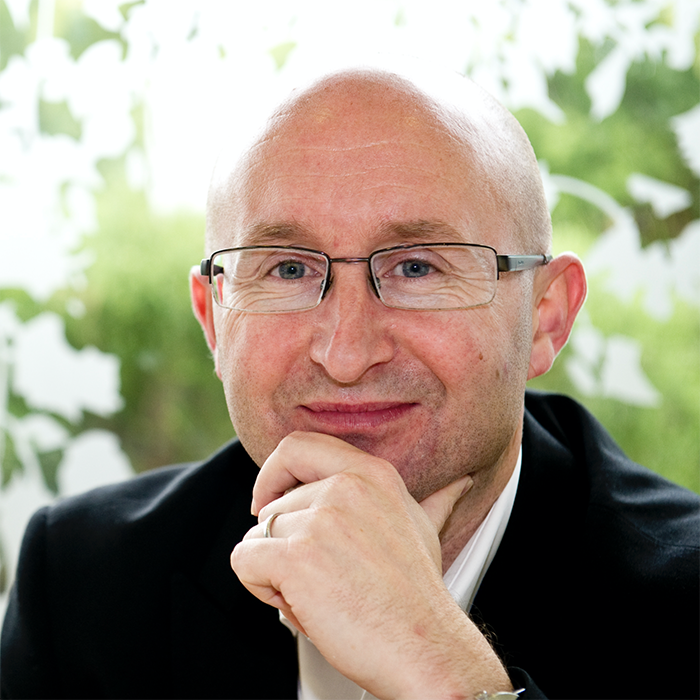
University of Edinburgh
In April 2021 Danny was appointed Chair of Psychiatry and Head of the Division of Psychiatry at the Centre for Clinical Brain Sciences at the University of Edinburgh. He is clinically active as an honorary consultant psychiatrist at NHS Lothian. Between 2014 and 2021, Danny was Professor of Psychiatry in the School of Health and Wellbeing at the University of Glasgow. Danny’s research interests include: the genetic epidemiology of depression, bipolar disorder and related traits, data science approaches to stratified medicine for mental health, sleep and circadian function in mood disorders, and the interface between major mental illness and cardiovascular disease.
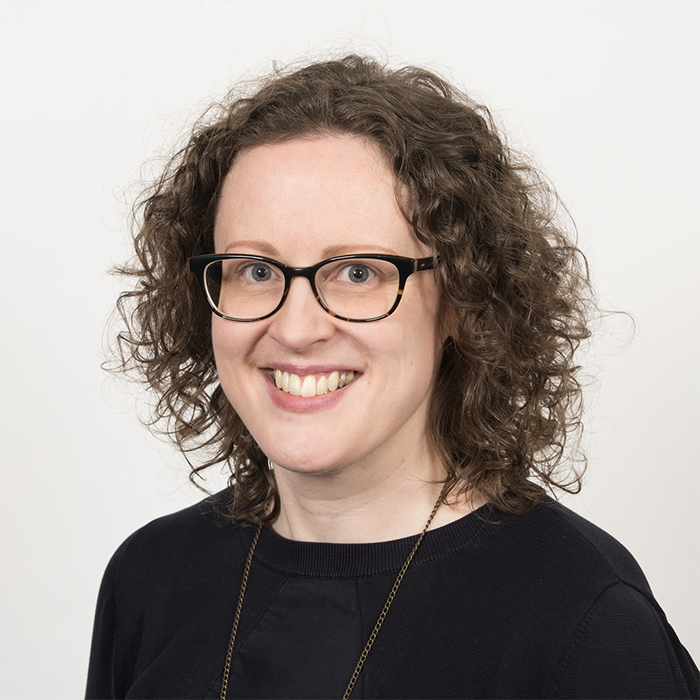
University of Glasgow
Breda is a Senior Lecturer in Clinical Psychology at the University of Glasgow. She is professionally registered as both a clinical psychologist and a clinical neuropsychologist. Breda’s research focuses on the epidemiology and assessment of cognitive function in psychiatric and neurological conditions. She is particularly interested in applying causal inference methods to understand the risk factors and mediating processes that may explain variation in cognitive function.
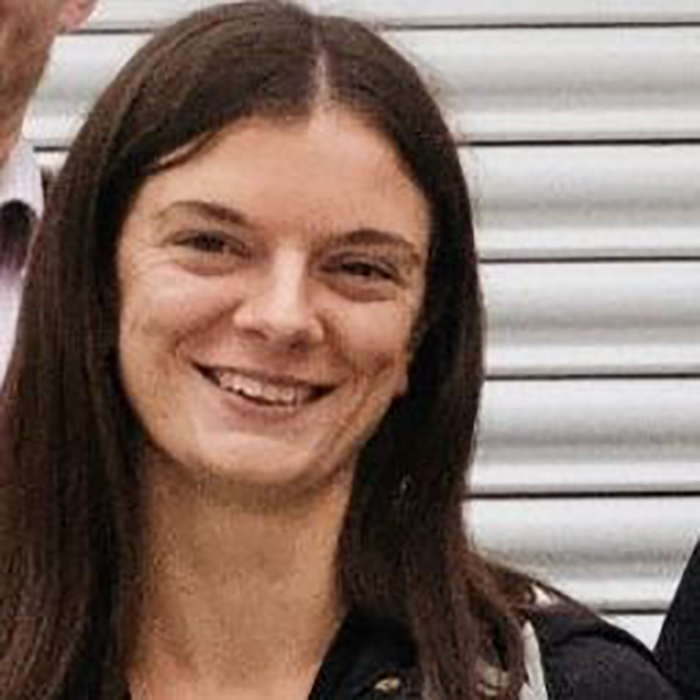
University of Glasgow
Dr Laura Lyall is a Research Fellow in the Department of Mental Health and Wellbeing at the University of Glasgow, with a background in cognitive psychology, chronobiology and mental health research. Her main research interests are in the contribution of sleep and circadian function to mood disorders and related brain structural outcomes. Before joining the Mental Health and Wellbeing group in 2017, she obtained an MA in Psychology (University of Glasgow), MSc in Human Cognitive Neuropsychology and PhD in Cognitive Psychology (University of Edinburgh), and completed a postdoctoral position in the University of Strathclyde’s School of Psychological Sciences and Health.
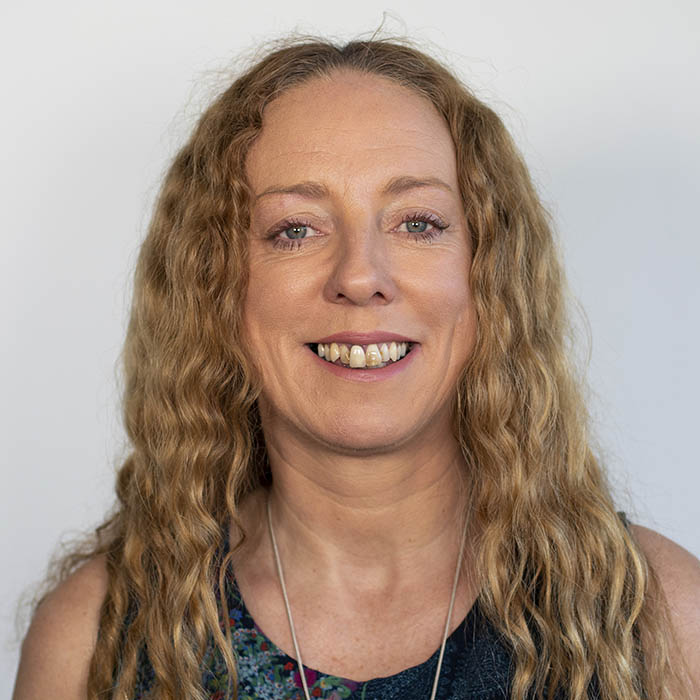
University of Glasgow
Sharon is Professor of Behavioural Sciences and Health in the MRC/CSO Social and Public Health Sciences Unit. She co-leads the Unit’s Complexity programme. She is also Head of the Population Health Research Facility, which supports the design, planning and delivery of high quality community based research and is part of the Glasgow Clinical Trials Unit. She currently leads the School of Health and Wellbeing Solutions Focussed Research Theme. Sharon’s main research interests lie in the areas of diet, physical activity, obesity and mental health. She is also interested in social networks and mobile health technologies. She has methodological expertise in randomised controlled trials and in the development and evaluation of complex interventions, as well as mixed methods approaches and process evaluation.
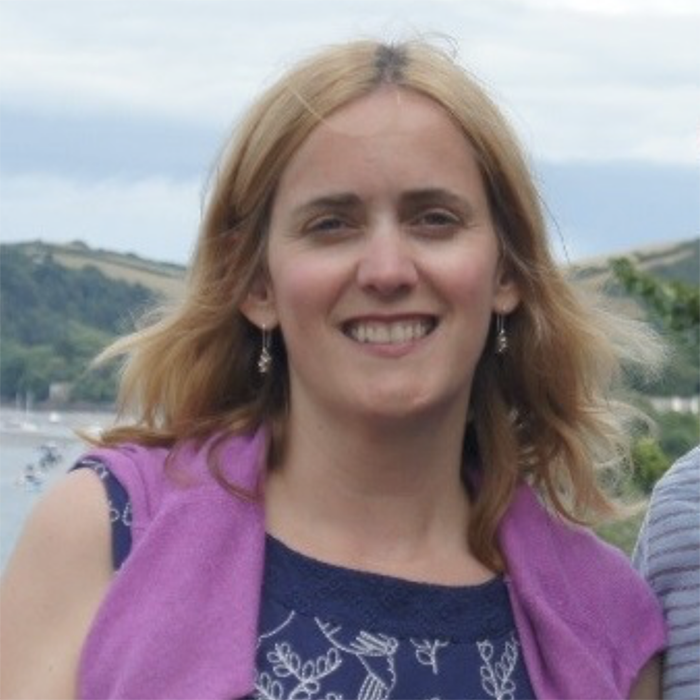
University of Glasgow
Jo is a behavioural scientist and public health researcher, specialising in child and adolescent health. Her recent research has focused on a range of areas including mental health, school health, physical activity, sedentary behaviour, obesity, sleep, alcohol use, spiritual health and chronic conditions. Broader research interests include social determinants of health, health inequalities, gender and health, developmental perspectives and international comparisons. Before joining the MRC/CSO Social and Public Health Sciences Unit, Jo was at the University of St Andrews where she was Deputy Director of the Child and Adolescent Health Research Unit (CAHRU) and Senior Research Fellow in the School of Medicine. Jo is also International Coordinator of the Health Behaviour of School-aged Children (HBSC) WHO Collaborative Cross-national study, the largest study of adolescent health and wellbeing in Europe.
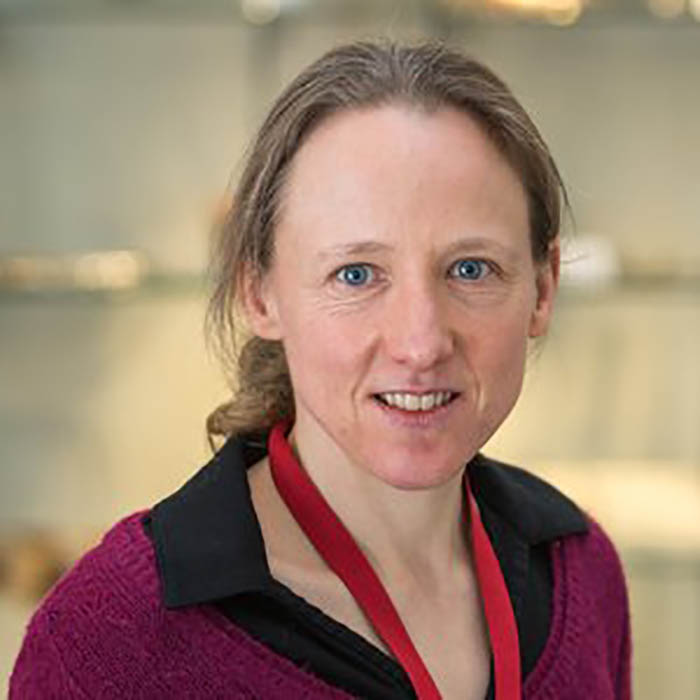
Maynooth University
Cathy Wyse is a chronobiologist with research interests focused on understanding the effects of disruption of circadian rhythms on physiology and behaviour, and their implications for human health and well-being. She has 16 years of research experience in animal and human circadian rhythmicity.
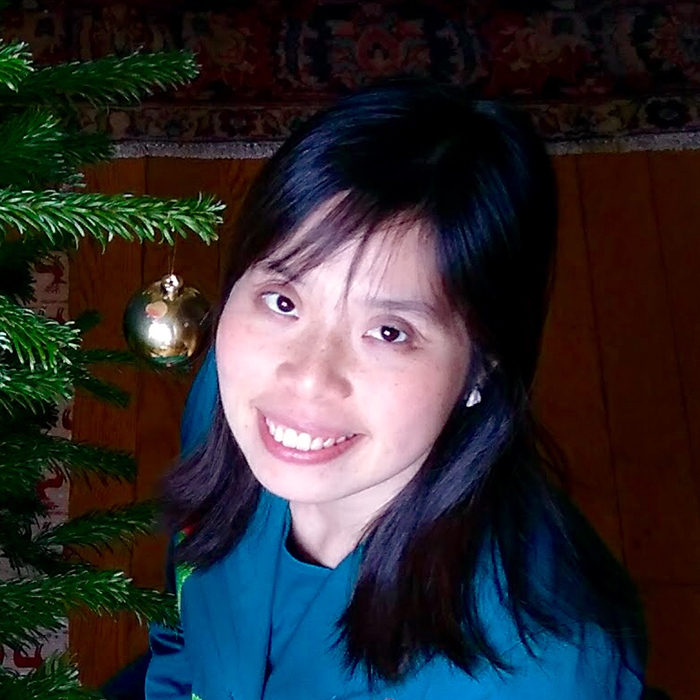
University of Reading
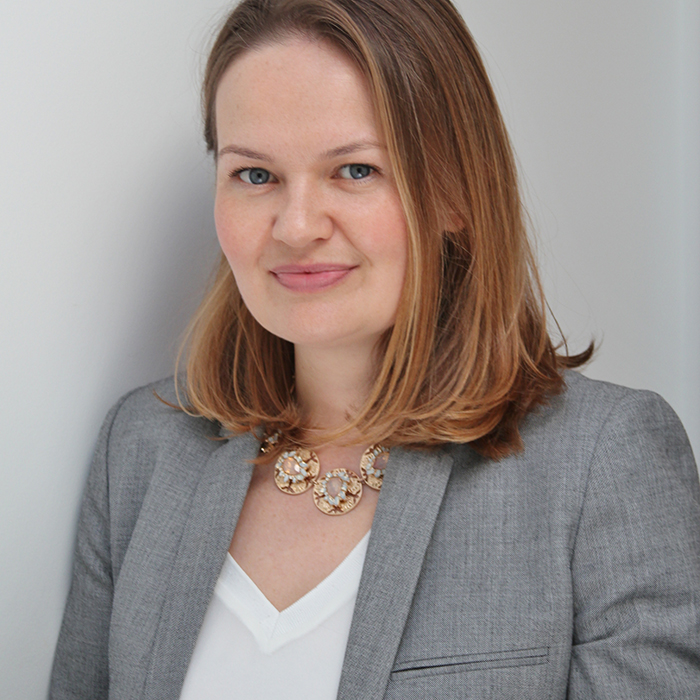
Goldsmiths, University of London
Alice Gregory first developed an interest in sleep research as a BA student of Experimental Psychology at the University of Oxford. Her PhD at the Institute of Psychiatry utilised epidemiological and twin samples to learn more about the associations between sleep disturbances, anxiety and depression concurrently and longitudinally. Alice is now a professor at Goldsmiths, University of London and continues to address developmental questions about sleep and psychopathology. She has published over 100 papers and chapters, mainly focusing on sleep or associated traits and has written two books (Nodding Off: Sleep from Cradle to Grave, Bloomsbury, 2018; and The Sleepy Pebble, Flying Eye Books, 2019). She is a member of the Pediatric Sleep Council.
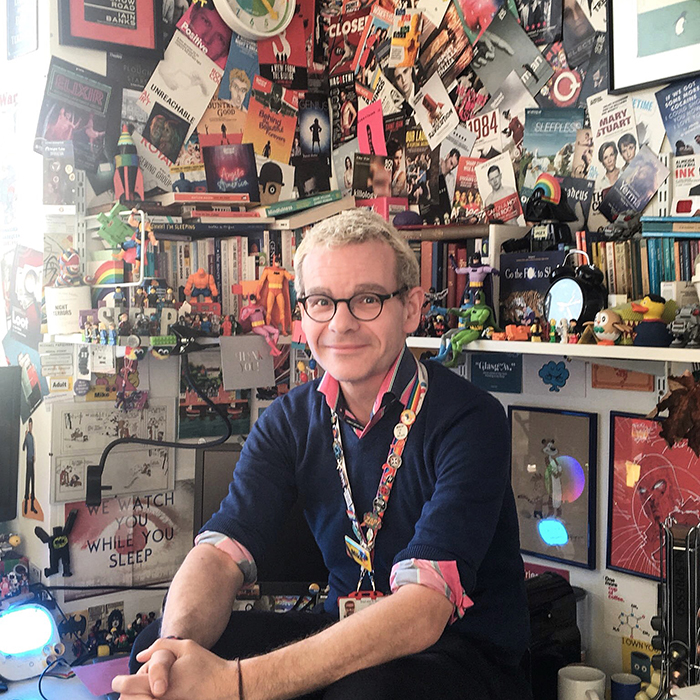
Evelina London Children’s Hospital
Dr Mike Farquhar is a consultant in sleep medicine at Evelina London Children’s Hospital. He has a particular interest in adolescent health, and runs a weekly Adolescent Sleep clinic, intended to specifically support sleep difficulties in adolescents already being treated for other long-term medical conditions.
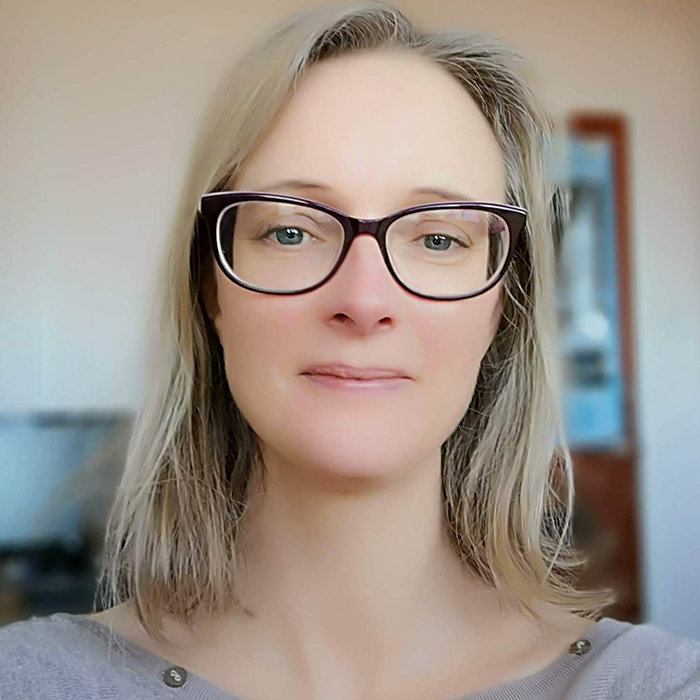
University of Edinburgh
Heather is a Senior Research Fellow at the Division of Psychiatry, Centre for Clinical Brain Sciences at the University of Edinburgh. Her main area of research is based on understanding how causal risk factors contribute to the onset of psychiatric disorders during adolescence.
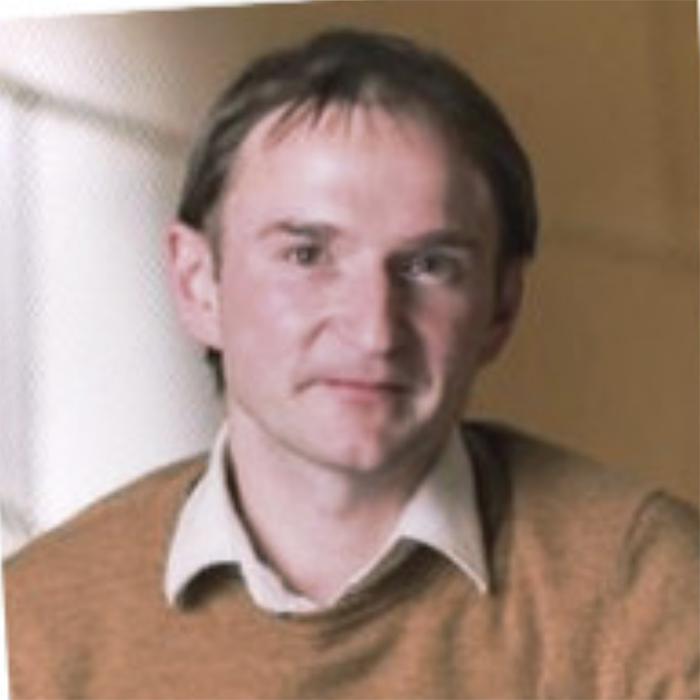
University College Dublin
Mark’s research investigates the interplay between wellbeing and technology, including how technology might be used to improve the lives of people with serious mental illness and how the design of technology impacts on critical factors related to mental health such as sleep-wake cycles and circadian rhythms. This work brings together cutting edge behaviour sensing, interaction design and machine learning to address serious challenges in mental health.

University of Oxford
Manuel is interested in how light affects our brain, physiology and behaviour beyond what we consciously see and perceive. He is specifically interested in the short-wavelength (blue) sensitive photopigment melanopsin, which aids in synchronising our bodies and brains to the prevailing light-dark cycle, and in controlling the size of the pupil.
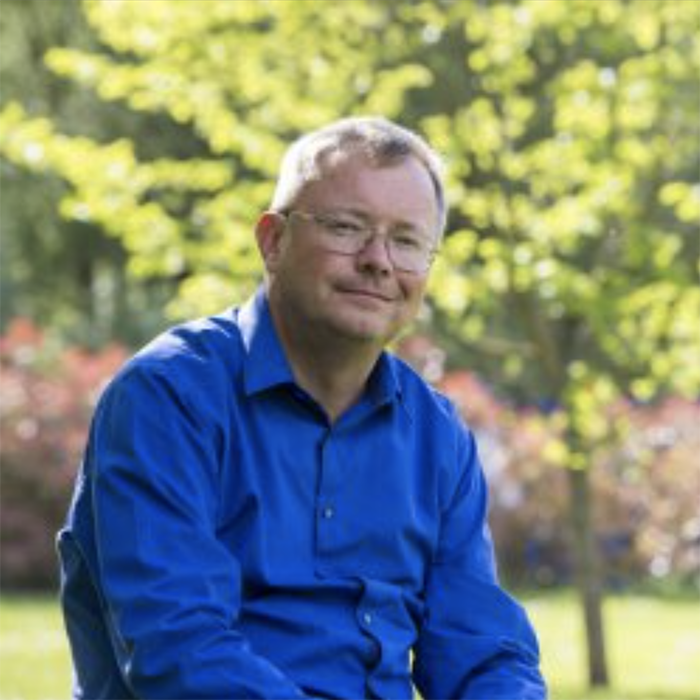
Northumbria University
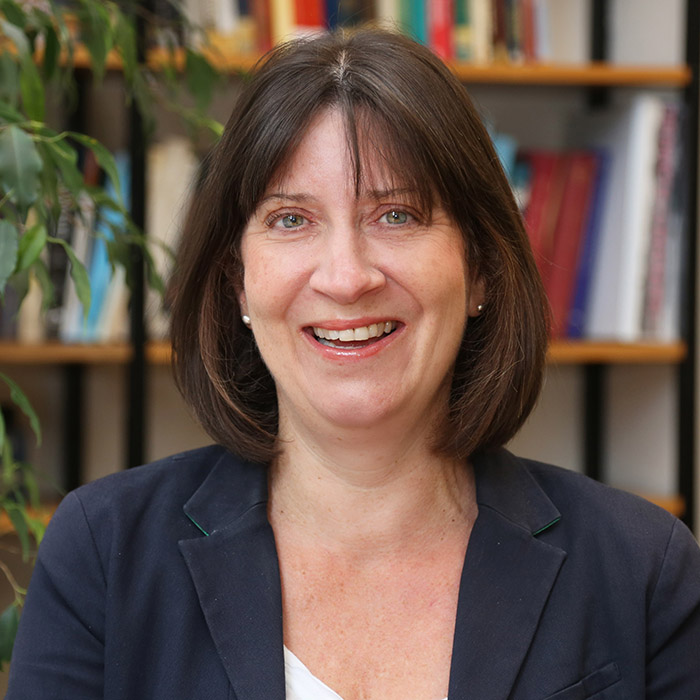
University of Glasgow
Judith is the Project Manager for the SCRAMS and Mental Health Data Pathfinder awards with an additional role in one of the sub-project streams (The Schools Health and Wellbeing Improvement Research Network – SHINE). Previously Judith was a Research Fellow in the Healthy Working Lives Group. Her research interests include: Mental health data cohorts and schools-based mental health research; Monitoring and evaluating the interactions and determinants of work and health; Observing and understanding those receiving benefit for health-related worklessness; Sickness absence research.

University of Edinburgh/Glasgow
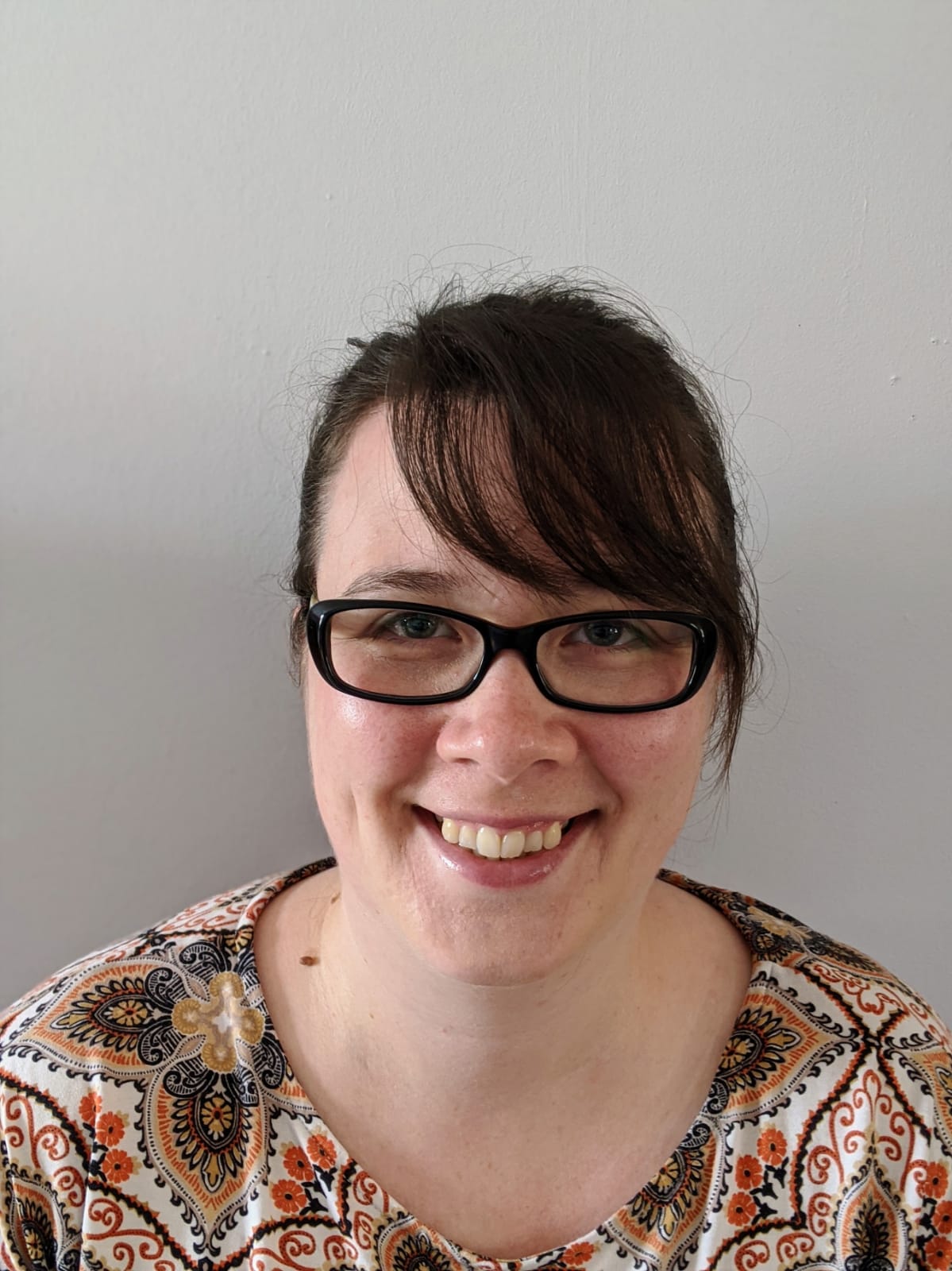
Alyson O’Brien
Sleep Scotland
Alyson is the Sleep Services Manager at Sleep Scotland. She works supporting trained sleep counsellors to implement behavioural sleep programmes with children, young people, and their families. She is particularly interested in the effect of poor sleep on mental health.
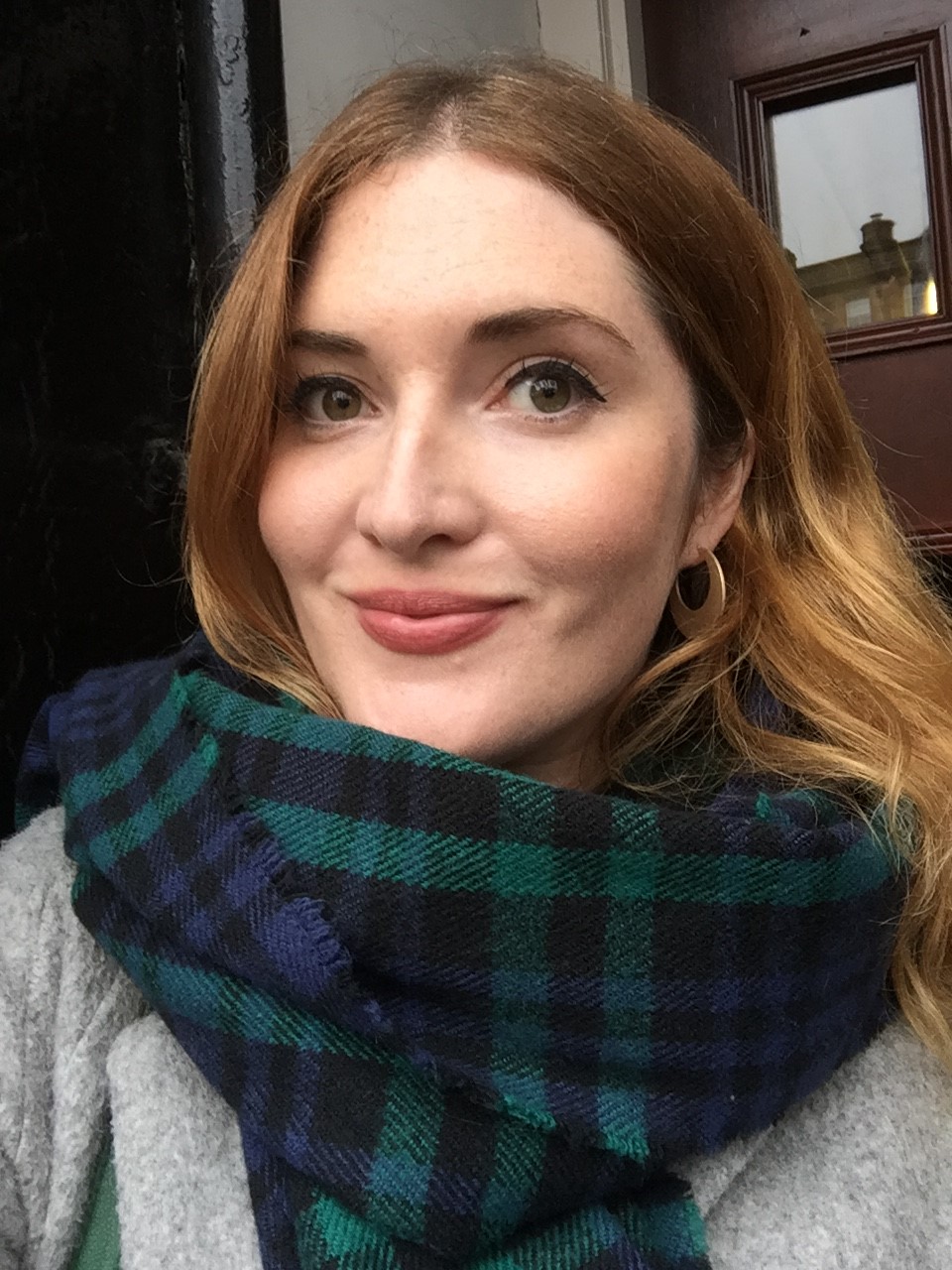
Cara was the Research Associate on the SCRAMS project from August 2020 to March 2021. Her background is in the field of Human-Computer Interaction, where she recently completed her PhD. Her work investigated novel methods for co-designing interactive technologies with minimally-verbal children on the autism spectrum in school contexts. She also has a background in Psychology and in applied mental health and autism support work with children and adults.


